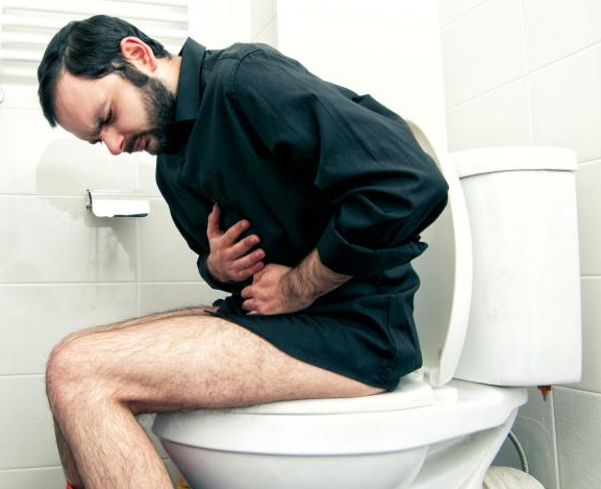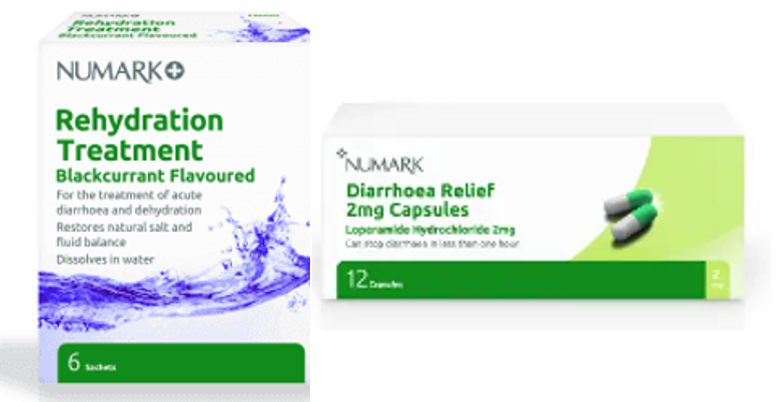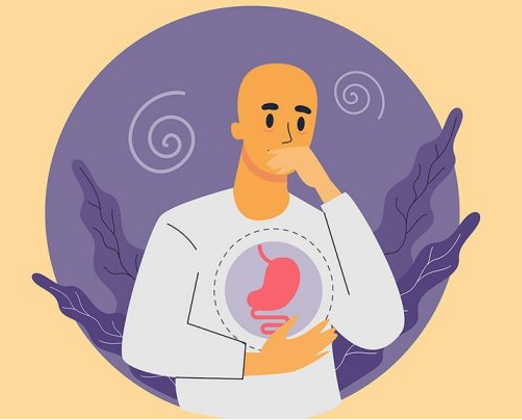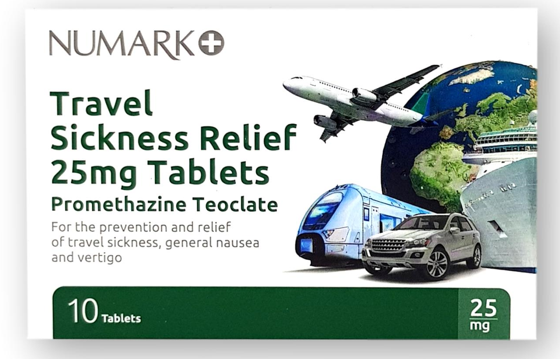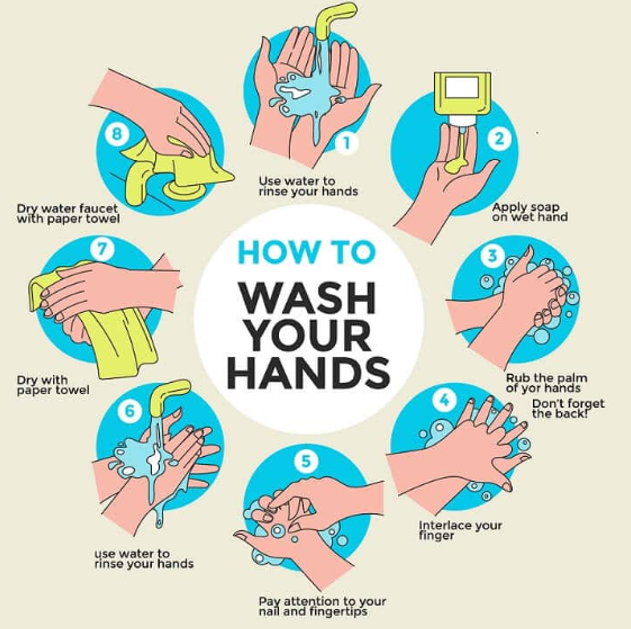Travellers’ Diarrhoea and Sickness
Travellers’ diarrhoea is a common condition caused by different micro-organisms that individuals come into contact with when travelling overseas. It is commonly spread by poor sanitation and hygiene. Patients with pre-existing health problems may experience more serious symptoms.
Symptoms for travellers’ diarrhoea include:
- Abdominal bloating, cramps, and pain
- Nausea
- Urgency to go to the toilet
- Loose, watery stools (faeces or poo) passed frequently
- Mild temperature
- General malaise (weakness or discomfort).
In most cases, diarrhoea will clear up in 3-4 days with treatment (i.e., taking medication to stop diarrhoea like loperamide), however, it is important that individuals keep their fluids topped up, as these can be lost each bowel movement. Recommending rehydration therapy to be taken after each bowel movement will ensure they can keep fluids maintained.
Unfortunately, when an individual has ingested harmful micro-organisms causing diarrhoea there is also a major chance that the symptoms caused will also include sickness i.e. nausea and vomiting. Although the NHS Food Poisoning and NHS Diarrhoea and Vomiting websites cover further treatment options with regards to treating the nausea the use of anti-emetics and antimicrobials medications are usually not recommended unless very severe and are then prescribed by the customer's GP.
Of course if the customer really does may want an anti-emetic there are many available which can be used for the relief of travel sickness, sea sickness, general nausea and vertigo symptoms.
Here is some brief advice you can provide your customers to improve personal hygiene and reduce the risk of both travellers’ diarrhoea and sickness:
- Always wash your hands thoroughly using soap and water before preparing, handling, or eating food and going to the toilet.
- Always carry antibacterial gel or wipes in case there is no availability to running water.
- Try to ensure plates, cutlery and glasses are clean before use and washed with sterile water.
- Ensure you drink sterile water. In most countries it is not recommended to drink tap water. Try to stick to bottled water but remember to check the seal is not broken.
- Avoid having ice cubes or crushed ice as this may not be made of sterile water.
- Try and avoid salads unless they have been washed in sterile water.
- Ensure food is cooked thoroughly before eating.

